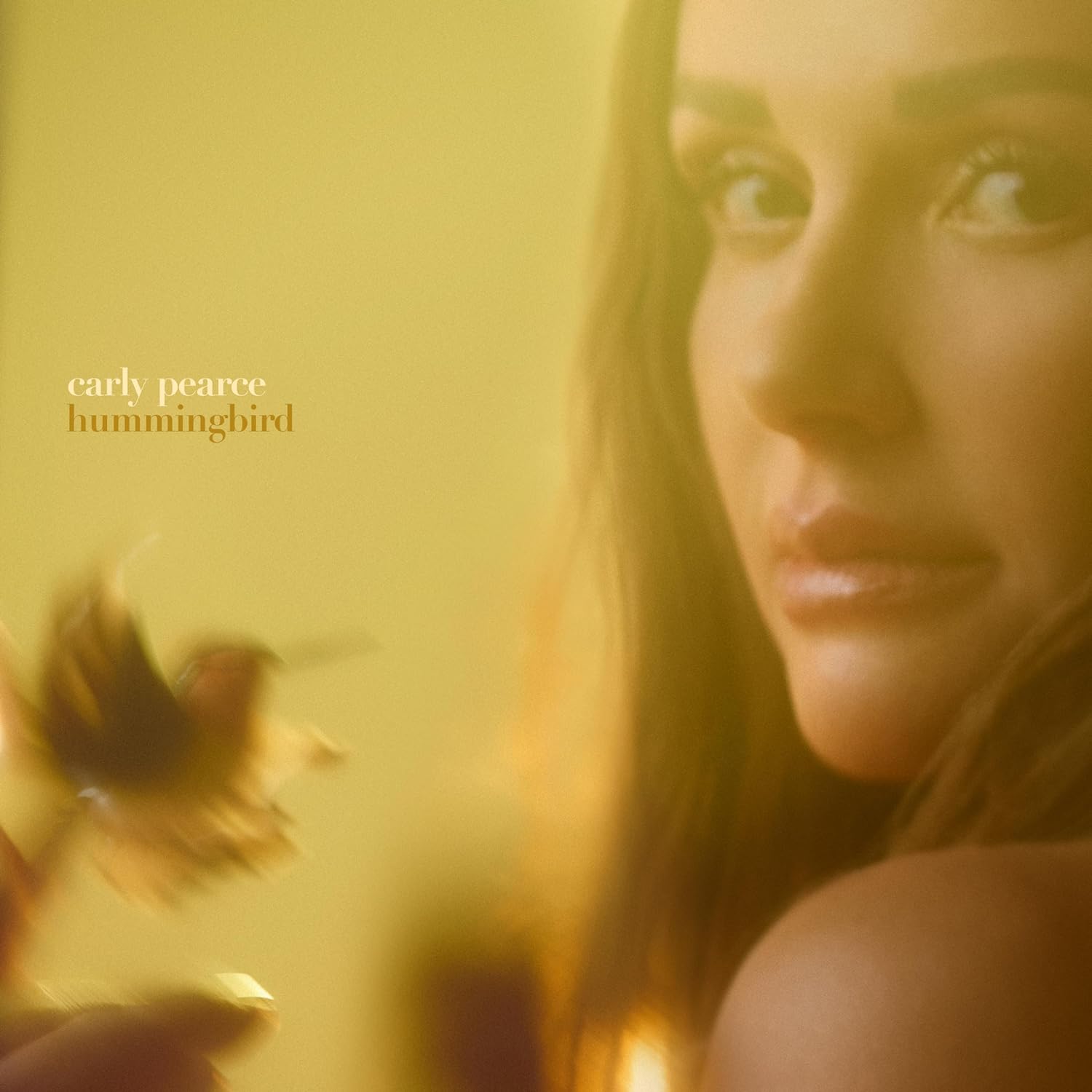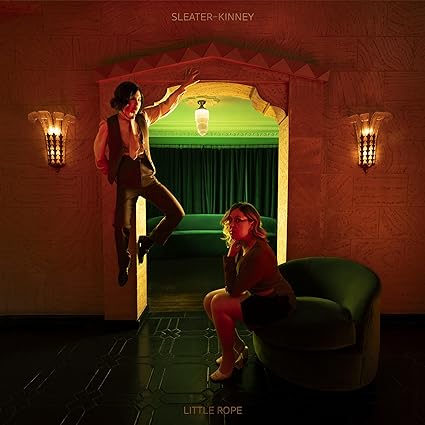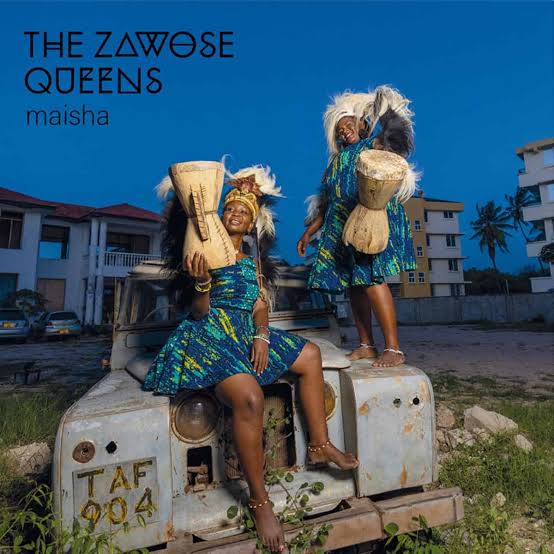














Katie Pruitt: Mantras (Rounder) She has a story to tell, but theraputic clichés and coffeehouse folk are probably a lot more novel for her than they are for us (“Jealous of the Boys,” “White Lies, White Jesus, and You”) ★★★
Africatown, AL: Ancestor Sounds (PM Press) In which producer Ian Brennan weaves together the voices of descendants of the unwilling travelers on the Clotilda, “the last ship to bring enslaved people across the Atlantic to America,” though he doesn’t always transform his source material, sometimes should leave it alone, and in all artistic endeavors keep his filthy mitts off of “Amazing Grace” (“Sent to Vietnam, but Never Been to Africa,” “First Thing He Did When Freed Was Build a Drum”) ★★★
Swamp Dogg: Blackgrass: From West Virginia to 125th St (Oh! Boy) More convincing as a dirty old man or a white racist awaiting his execution than the mourning widower he is in real life (“Mess Under That Dress,” “Ugly Man's Wife,” “Murder Ballad”) ★★★
Four Tet: Three (Text) Has never been as ambitious or as willing to sell out as some of his peers, for which we should be…grateful? (“31 Bloom,” “Daydream Repeat”) ★★

Moby: Always Centered at Night (Always Centered At Night/Mute) Like DJ Shadow or Johnny Marr, Moby’s gifts are circumscribed to a very narrow skill set that in his case does not include memoir writing, irony, or self−awareness, and like the aforementioned he’s not keen to repeat past glories lest anyone accuse him of being “limited” as an artist, stooping to sub−classical “reinterpretations” of his greatest hits for Deutsche Grammophone notwithstanding. Which is what makes this disappointing collection doubly frustrating — where in the past even his lesser records were unified by his personal quirks if not necessarily by musical coherence, here he squanders what might have been most arresting music since 2011’s Destroyed by turning this into a veritable audition reel for collaborating hopefuls, not one of whom gets called back for an encore, and not one of whom you’ll remember without consulting Wikipedia for a page they may or may not have — or deserve. Come back Mimi Goese, all is forgiven. C+ Grade: C+

Kate Nash: 9 Sad Symphonies (Kill Rock Stars) Good news: she signed to Kill Rock Stars for her first album in six years. Bad news: see title. Giveaway: “Millions of Heartbeats,” a “(Sometimes I Feel So) Uninspired” for the Millennial set, except Jim Capaldi didn’t have the luxury of blaming creative shortfall on media supporting “the far right scum.” B– Grade: B–